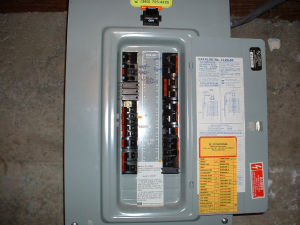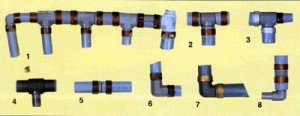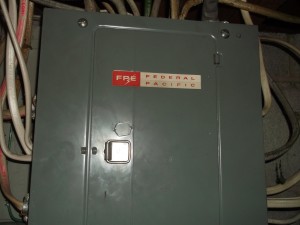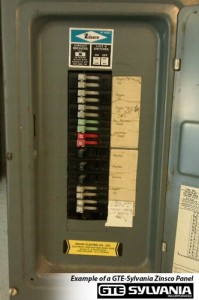Buying a home is often the single largest investment many people make in their lifetime. Hiring a licensed home inspector, to inspect your home prior to purchase is money well spent and could save you thousands of dollars in costly repairs. In the event that you decide to pass on a home inspection (I don’t recommend it) you should at the very least conduct your own. Here are a few tips to help you.
1- Get the permit history from the building department. Find out the age of the roof, the HVAC and any electrical upgrades. Many times permits are not pulled and this information may not be available. Walk through the home and look for ceiling stains, and or water stains around the windows and in closets adjacent to the bathrooms.
2- Look at the AC and air handler unit and get the date of manufacture off the serial #. Typically the 1st two digits are the year and the 2nd two are the week, or month. On average, the outside units last 10 – 12 years. Anything older than 10 years old, budgeting for a new one is recommended.
3- Check the age of the water heater. Normally the date of manufacture is similar to the AC unit and is in the serial number. You can also look up both the AC and water heater manufacturer dates online by Googling the manufacturer name and data-plate info…..Rheem Data-Plate Info. That will take you to one of many sites that will help you find out when the unit was manufactured.
4- Flow water in the sinks, bathtubs and showers and make sure everything drains the way it should. Look under the sinks for water damage, or any evidence of leaks. Also, if the home was built in the 90’s look at the supply lines and make sure they are not Polybutylen (See Picture Below). These supply lines have a higher than average failure rate and can also effect you insurance. Many homes have copper stubs, coming out of the wall, so at first glance, it looks like copper supply lines. If the home was built prior to 1970, it likely has cast iron waste-lines. Please read my article on cast iron.
5- Look at the electrical panel and make sure it’s not a FPE Federal Pacific Panel, or a Sylvania Brand Panel (See Pictures Below). There are others, but these are the two I see the most in Brevard County. Both of these panels have a higher than average failure rate and can make getting insurance difficult as well as pose a safety hazard. Also, see our article on single strand aluminum, wiring. Make sure the electrical service is over 100-amp service.
6- Look for evidence of roof leaks by taking a look at the ceiling through-out the home. Also, look around windows and other wall penetrations.
I hope you decide to leave your home inspection to the professional, but if not, I hope this article provides you with some basic and helpful information. If we can be of help, please contact us 321-368-9921. Good luck with your home purchase!!
FPE Panel






